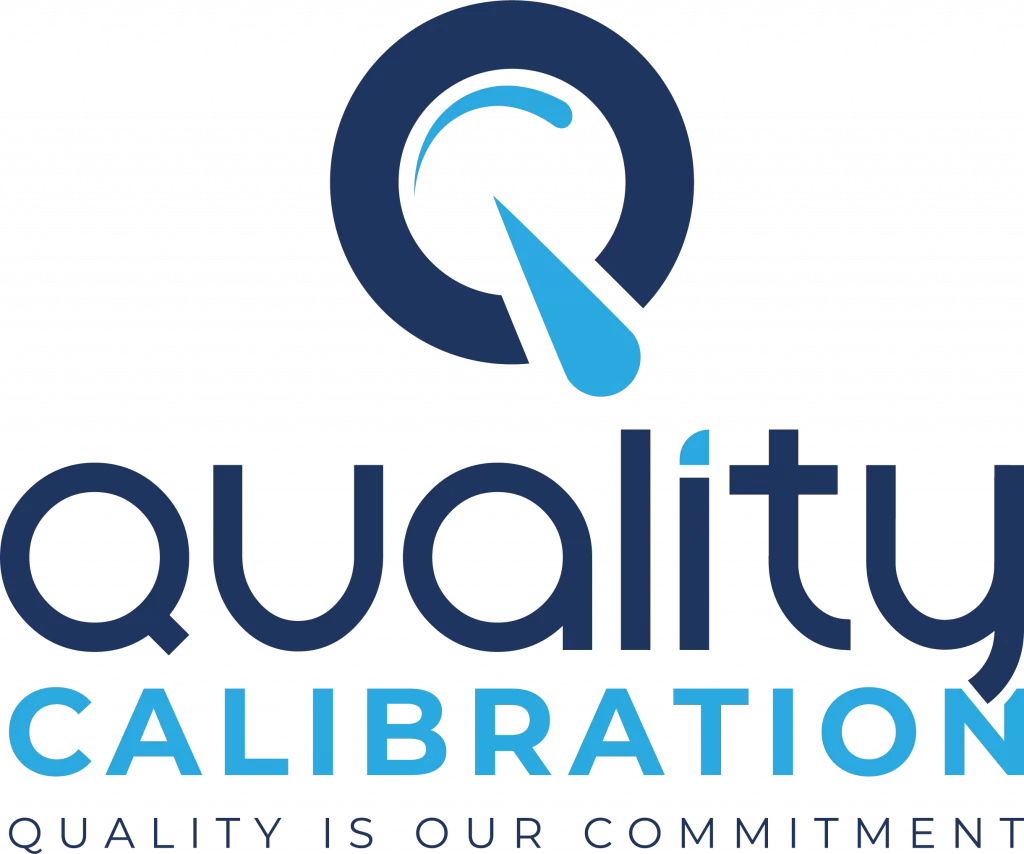Industrial equipment plays a crucial role in driving economic growth and development in countries like Bangladesh. These tools and machines are used in various sectors, including manufacturing, agriculture, energy production, and more. However, the performance of industrial equipment heavily relies on accurate calibration. When calibration is not done correctly, it can lead to a range of problems, affecting efficiency, safety, and overall productivity. In this article, we will explore the consequences of inaccurate calibration on industrial equipment performance in Bangladesh.
Understanding Calibration
Before delving into the impact, let’s grasp the concept of calibration. Calibration is the process of comparing the measurements of a device against a known standard to ensure accuracy. Industrial equipment, such as temperature gauges, pressure sensors, flow meters, and weighing scales, must undergo regular calibration to maintain precision and reliability.
Importance of Accurate Calibration
Accurate calibration is vital for several reasons:
- Quality Assurance: In industries where product quality is critical, such as pharmaceuticals and food processing, properly calibrated equipment ensures consistency and adherence to standards.
- Safety Compliance: Calibration is crucial for safety-critical industries like oil and gas, where even a slight error can lead to disastrous consequences.
- Legal and Regulatory Compliance: Many industries must comply with specific regulations that mandate calibration and maintenance of equipment.
- Cost Savings: Properly calibrated equipment reduces wastage, rework, and unnecessary repairs, leading to cost savings in the long run.
- Optimal Performance: Accurate calibration ensures that industrial machinery operates at its peak performance, maximizing efficiency.
The Impact of Inaccurate Calibration on Industrial Equipment Performance in Bangladesh
Now, let’s explore the potential repercussions of inaccurate calibration on industrial equipment in Bangladesh:
1. Reduced Product Quality and Reliability
Inaccurate calibration can result in faulty measurements, leading to inconsistencies in the manufacturing process. This can affect product quality and reliability, which, in turn, can damage a company’s reputation and lead to customer dissatisfaction.
2. Safety Hazards and Accidents
In industries dealing with hazardous materials or heavy machinery, incorrect calibration poses significant safety risks. For example, an improperly calibrated pressure gauge in a chemical plant could lead to an undetected rise in pressure, causing equipment failure and potentially triggering an explosion or chemical release.
3. Downtime and Production Losses
When equipment is not accurately calibrated, it may not function optimally, leading to frequent breakdowns and unplanned downtime. These interruptions in production can result in substantial financial losses for businesses.
4. Compliance and Legal Issues
Industries in Bangladesh are subject to regulations and standards to ensure safety and environmental protection. Inaccurate calibration can lead to non-compliance, resulting in hefty fines, legal issues, and even the suspension of operations.
5. Energy Inefficiency
Misaligned equipment or improper calibration can lead to energy wastage. For example, an incorrectly calibrated boiler in a power plant may consume more fuel than necessary, leading to increased operating costs and a higher carbon footprint.
6. Increased Maintenance Costs
Regular maintenance is essential for industrial equipment, and inaccurate calibration can lead to premature wear and tear. Increased maintenance requirements can strain budgets and impact overall profitability.
7. Ineffective Resource Allocation
Inaccurate measurements can mislead decision-making processes. Improper calibration may lead to overuse or underutilization of resources, hindering efficient production planning and resource allocation.
Bottom Line
In conclusion, accurate calibration is of paramount importance for industrial equipment in Bangladesh. So a valid Calibration Certificate. The consequences of inaccurate calibration can be far-reaching, affecting product quality, safety, compliance, and financial performance. To mitigate these risks, companies must prioritize regular calibration and invest in calibration services from reliable calibration laboratory in Bangladesh to ensure their equipment operates optimally and safely. By doing so, Bangladesh can foster a more productive and sustainable industrial sector.

Md. Hasan Ibrahim is a Technical Manager at Quality Calibration with extensive experience in the calibration sector since 2015. Holding a Bachelor of Science degree in Mechanical Engineering from Khulna University of Engineering & Technology (KUET), he has received training from various national and international organizations including CSIR-CMERI, QSI, BAB, NML-BSTI, memmert, and X-rite. With expertise in ISO/IEC 17025 assessment, method validation, metrological traceability, and uncertainty, he has successfully completed numerous calibration projects across diverse industries such as pharmaceuticals, food & beverage, oil & gas, textiles & garments, power plants, batteries, chemicals, hospitals & healthcare, and private universities.


